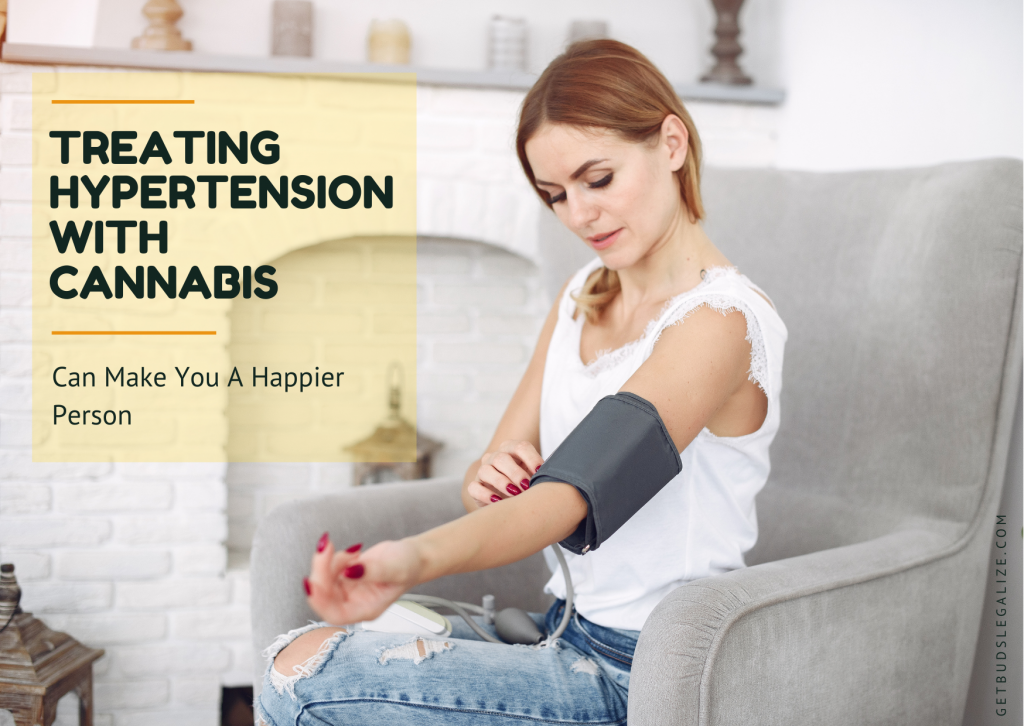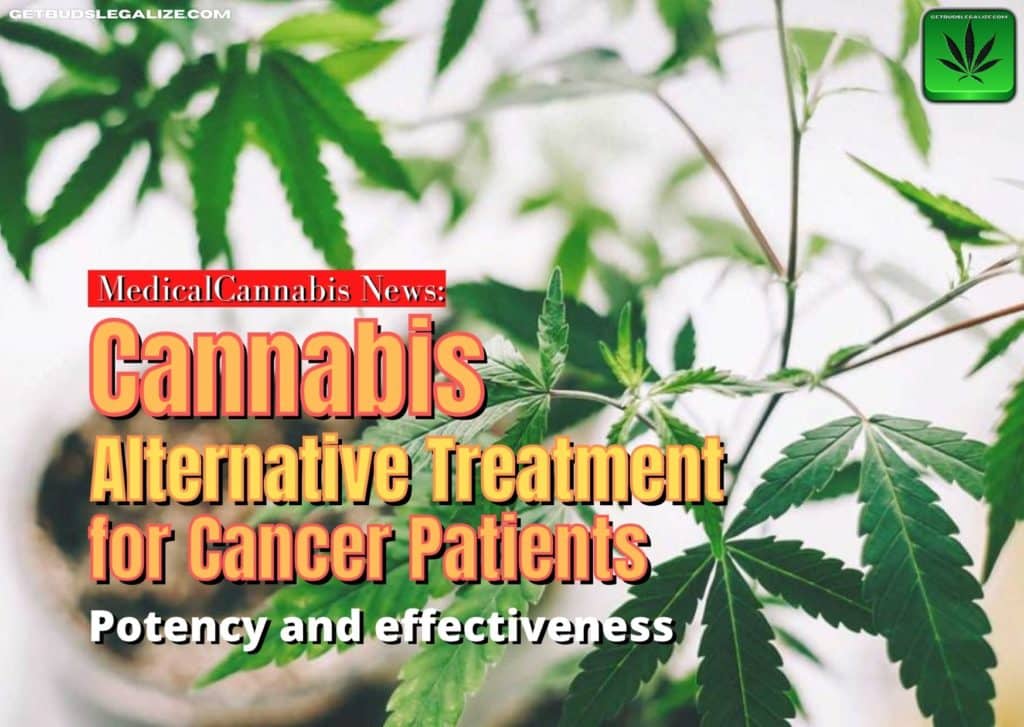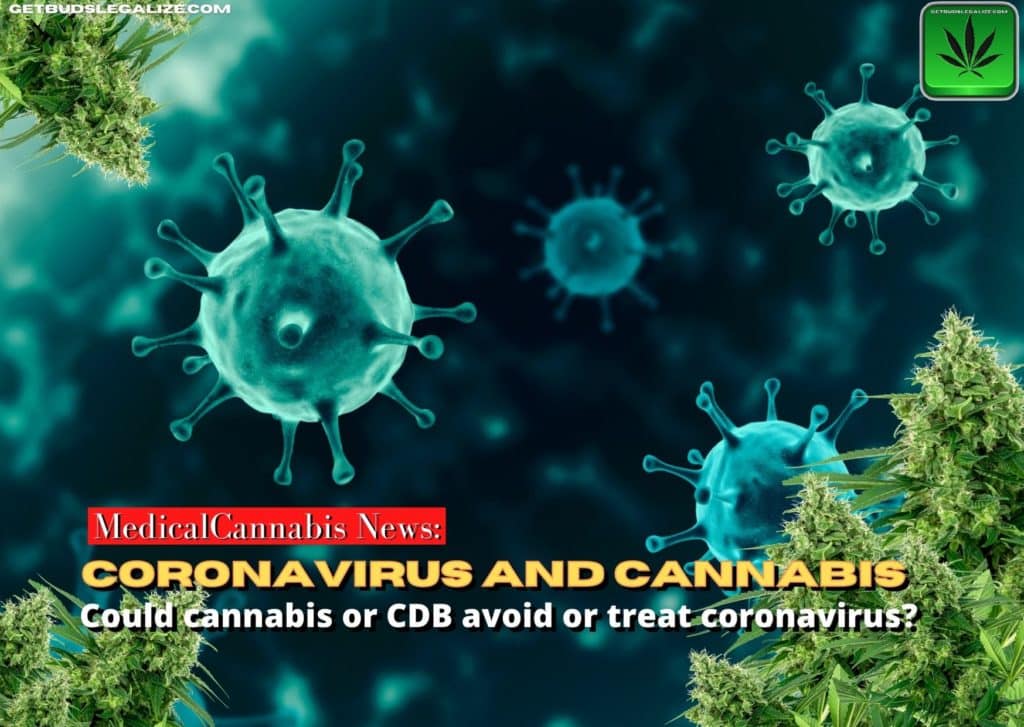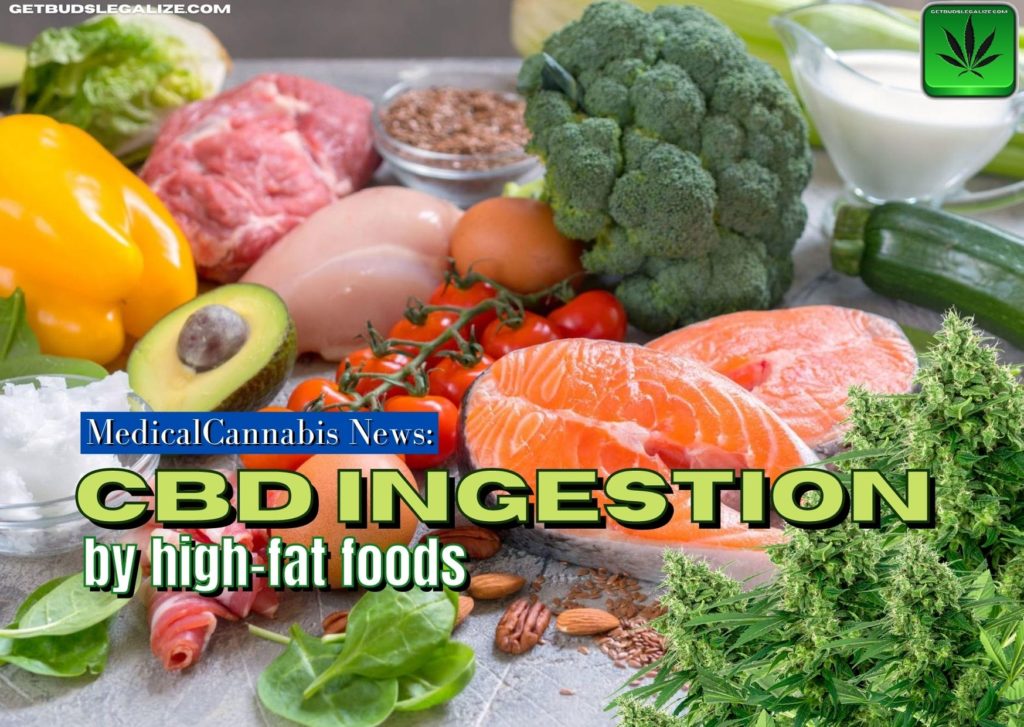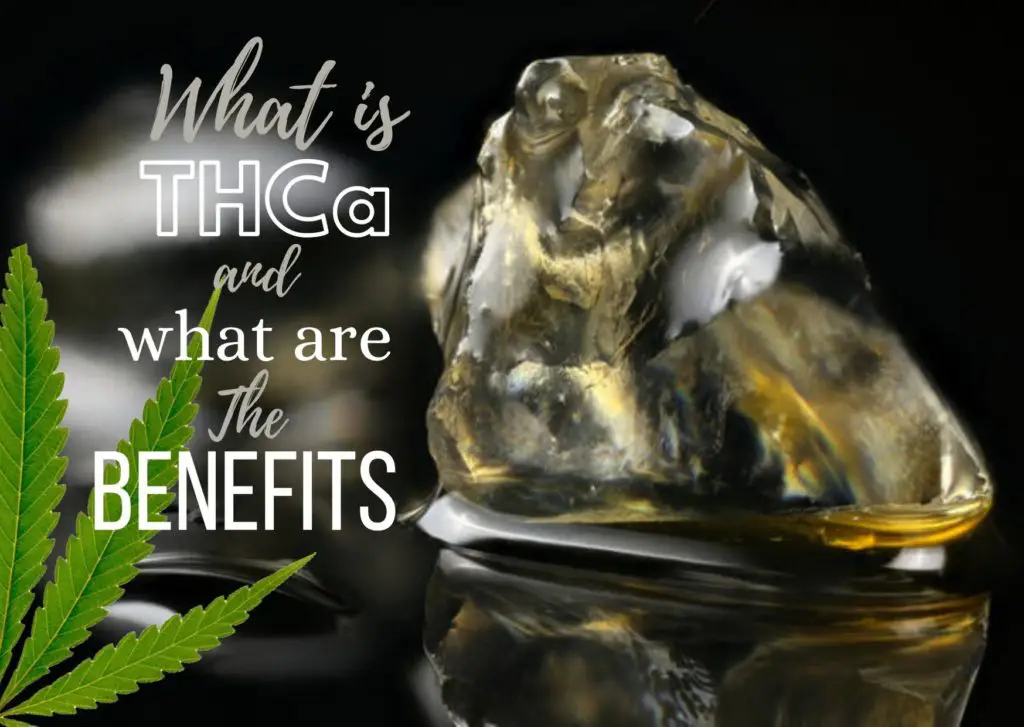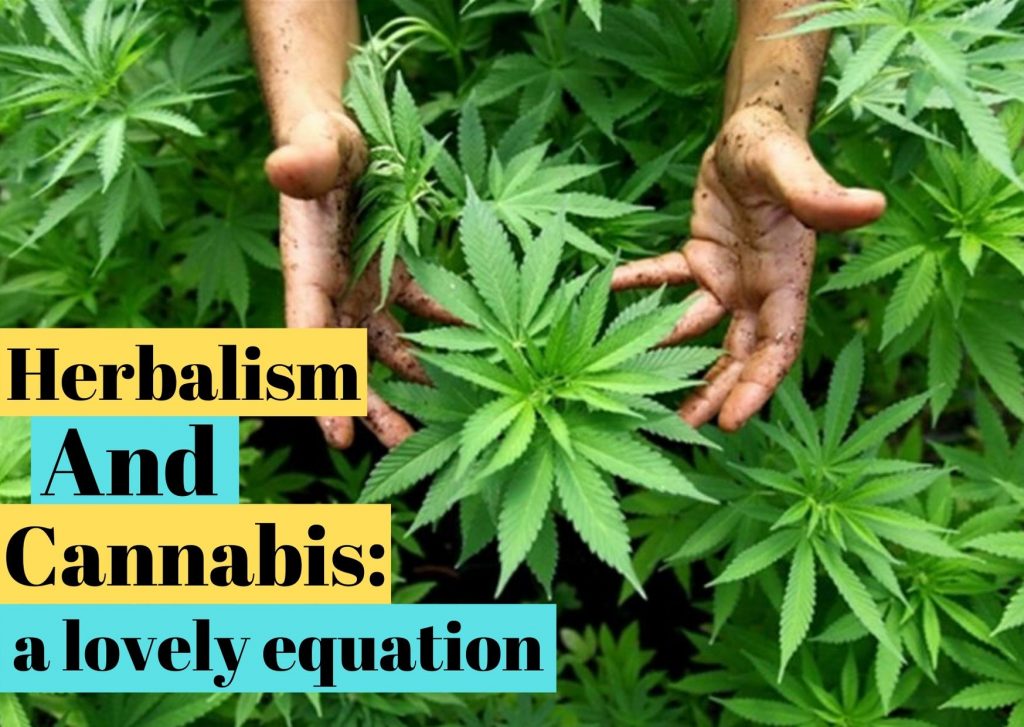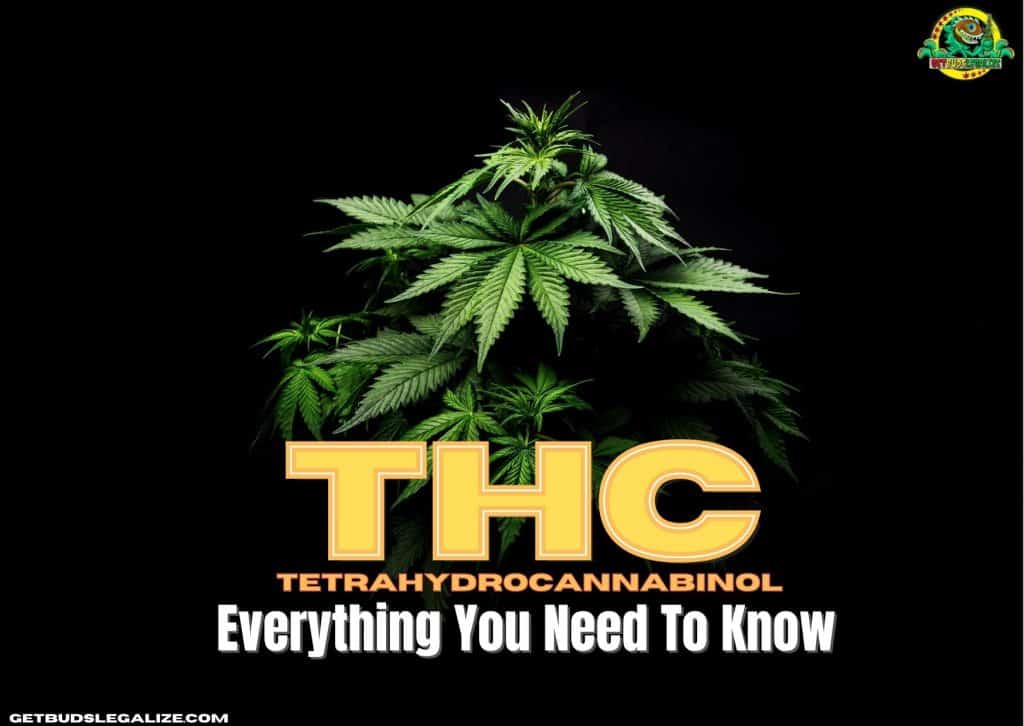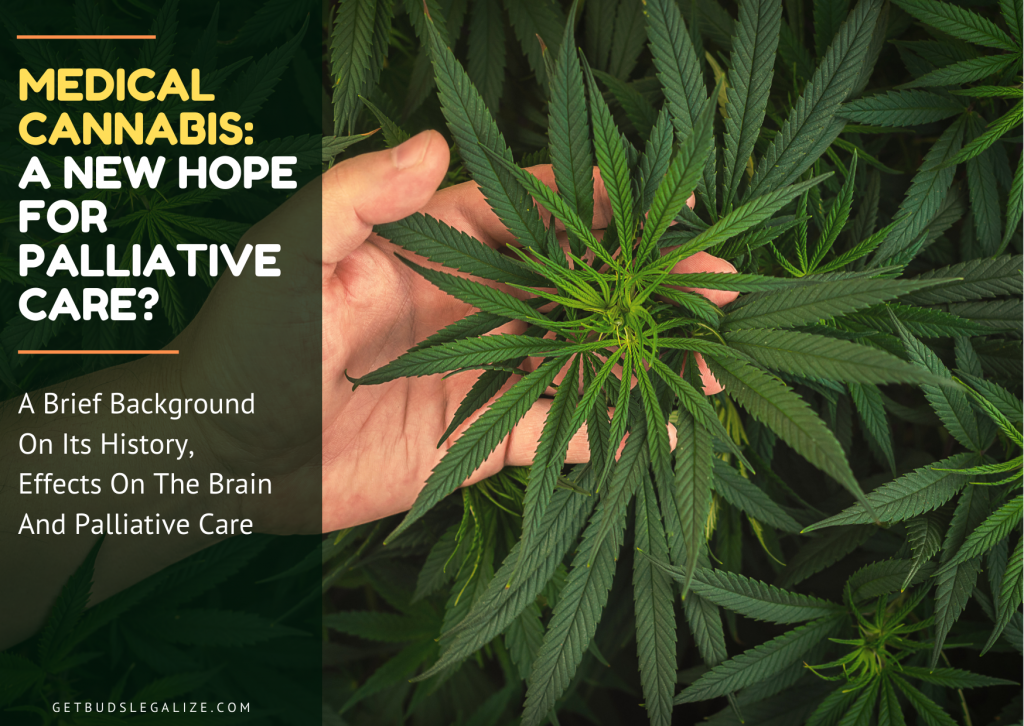Treating Hypertension With Cannabis Can Make You A Happier Person
Treating hypertension nowadays is like a thing of the past. What is Hypertension? When your blood flows through your arteries at a higher pressure than normal, you have high blood pressure (also known as hypertension). High blood pressure can be caused by a variety of factors. If your blood pressure becomes too high or remains too high for an extended period, it can lead to health problems. Unregulated high blood pressure increases your chances of having a stroke, heart disease, a heart attack, or kidney failure.
Hypertension Can Be Classified Into Two Types
Primary Hypertension is caused by the body’s mechanisms. This is also referred to as essential hypertension. When there is no known cause for your high blood pressure, it is referred to as this. This is the most common type of high blood pressure. This type of blood pressure usually develops over a long time. It is most likely due to your lifestyle, environment, and how your body changes as you age.
Secondary hypertension is a type of hypertension that occurs as a This is when your high blood pressure is caused by a medical condition or medication. Secondary hypertension can be caused by a variety of factors, including:
- Kidney issues
- Obstructive sleep apnea
- Thyroid or adrenal gland issues
- Some medications
What Are The Signs And Symptoms Of Hypertension?
Just about all people with hypertension have no symptoms. This is why it is sometimes referred to as “the silent killer.” It is critical to have your blood pressure checked regularly.
High blood pressure can cause headaches, nosebleeds, and shortness of breath in some people. However, those symptoms can be mistaken for a variety of other conditions (serious or non-serious). Typically, these symptoms appear after blood pressure has risen to a dangerously high level over time.

What Is The Root Cause Of Hypertension?
High blood pressure or hypertension can be caused by food, medicine, lifestyle, age, and genetics. Your doctor can assist you in determining what is causing yours. High blood pressure is commonly caused by the following factors:
- A high-salt, high-fat, and/or high-cholesterol diet
- Chronic diseases such as kidney and hormone problems, diabetes, and high cholesterol are examples of chronic conditions
- A family history of high blood pressure, especially if your parents or other close relatives have it
- Absence of physical activity
- advancing years (the older you are, the more likely you are to have high blood pressure)
- Being obese or overweight
- The race (non-Hispanic black people are more likely to have a high blood pressure than people of other races)
- Some birth control pills and other medications
- Anxiety
- Tobacco use or excessive alcohol consumption
How Do You Know If You Have High Blood Pressure?
When treating hypertension, a blood pressure monitor is used to diagnose high blood pressure. This is a standard test performed at all doctor’s appointments. A band (cuff) will be wrapped around your arm by a nurse. A small pump and a meter are connected to the band. He or she will apply pressure to the pump.
It will feel constricting around your arm. Then he or she will come to a halt and observe the meter. This gives the nurse two numbers that comprise your blood pressure.
The top number represents your systolic reading (the peak blood pressure when your heart is squeezing blood out). The bottom number is your diastolic pressure (the pressure in your heart when it is filling with blood). A blood pressure reading may also be mentioned by the doctor or nurse.
Blood pressure should be less than 120 on top and less than 80 on the bottom. Prehypertension levels range from 120-139 on the upper end to 80-89 on the lower end.
- Stage 1 high blood pressure is defined as 140-159 on top and 90-99 on the bottom.
- Stage 2 high blood pressure is defined as 160 or higher on top and 100 or higher on the bottom.
The higher your blood pressure, the more frequently you should have it checked. After the age of 18, you should have your blood pressure checked at least every two years. If you have a history of high blood pressure, do it more frequently.
Is it Possible To Prevent Or Avoid Hypertension?
If your high blood pressure is caused by lifestyle factors, you can reduce your risk by doing the following:
- Reduce your weight
- Quit smoking
- Eat correctly
- Workout
- Reduce your salt intake
- Reduce your alcohol intake
- Learn relaxation techniques
Consult your doctor if your high blood pressure is caused by a disease or medication you are taking. He or she might be able to recommend a different medication. Furthermore, treating hypertension with any underlying disease (such as diabetes control) can aid in the reduction of high blood pressure.

Studies Show Medical Cannabis Can Be Used as Hypertension Treatment Options
A study of cardiovascular safety in older adults with hypertension who use medical cannabis discovered a “significant reduction” in 24-hour systolic and diastolic blood pressure.
According to Ran Abuhasira, M.D., of the Israel’s Ben-Gurion University of the Negev, treating hypertension drop occurred three hours after study participants aged 60 and up consumed oil extracts or smoked the drug.
Patients were assessed using 24-hour ambulatory blood pressure monitoring, an electrocardiogram, blood tests, and body measurements both before and three months after starting cannabis therapy. Blood pressure was reduced both during the day and at night.
The authors noted that while older adults are the fastest-growing group of cannabis users, evidence on cardiovascular safety for this population is limited. According to the researchers, this is the first study of its kind to look at the effect of cannabis on treating hypertension, heart rate, and metabolic parameters in seniors.
The entire study was published in the European Journal of Internal Medicine.
Is Marijuana Good Or Bad For Your Management Of Hypertension?
To answer this question, we should concentrate on two of the most important cannabinoids found in cannabis: cannabidiol (CBD) and tetrahydrocannabinol (THC). Both may affect blood pressure levels, especially in treating hypertension.
Dr. Bonni Goldstein, a Weedmaps medical adviser and the director of Canna-Centers in Lawndale, California, described the potential effects of THC on blood pressure:
“Depending on the dose, route of administration, a person’s experience with THC, and underlying health, THC can affect blood pressure. THC caused an increase in heart rate and a decrease in blood pressure in healthy volunteers.
People who used THC while lying down had higher blood pressure in studies. Their blood pressure dropped when they stood up, and they had low blood pressure.”
These abrupt drops in blood pressure, also known as whiteouts or green outs, may be caused by cannabis use. According to Dr. Melanie Bone, a board-certified OB-GYN, and cannabis specialist in West Palm Beach, Florida, “cannabis may cause a drop in blood pressure when standing — known as postural hypotension.” This type of blood pressure drop is undesirable because it can cause vertigo and even fainting. As a result, when we talk about “lowering blood pressure or treating hypertension“, we do not always consider that effect to be beneficial to health.
What Are Cannabis's Cardiovascular Effects in Management and Treatment?
Another frequently asked question about cannabis and cardiovascular health is whether or not it can cause a heart attack.
First, let’s distinguish between the cannabinoids THC and CBD once more. CBD oils containing trace amounts of THC, for example, may have very different effects than smoking a high-THC strain of marijuana. Several studies have suggested that THC may be harmful to cardiovascular health, whereas CBD may be beneficial.
“CBD does not appear to have the same risks for the heart as THC and appears to be somewhat cardioprotective,” Goldstein added. Goldstein cited a 2010 study published in the Journal of the American College of Cardiology in which researchers concluded that CBD has therapeutic potential in treating diabetes complications as well as some cardiovascular disorders to back up this claim. Most notably, CBD has the potential to reduce inflammation, a condition that can eventually damage blood vessels, arteries, and vital organs. So, if you apply CBD oil to your skin or ingest a few tablespoons, the effect may be very different from smoking a blunt.
Currently, there is some evidence that smoking THC may cause a heart attack, either directly or indirectly. According to a 2019 study titled “The Cardiovascular Effects of Marijuana: Are the Potential Adverse Effects Worth the High?” published in the Journal of the Missouri State Medical Association, some people had a heart attack within an hour of smoking cannabis.
Bone, on the other hand, contended, “Many of the patients smoked cigarettes and were obese, making it difficult to draw firm conclusions. Furthermore, the observations were made on cannabis of unknown origin, rather than cannabis obtained from a dispensary.”
The cannabis did not come from a registered dispensary, which is significant because there is no available lab testing to determine what other compounds may have been present.
The bottom line is that there have been studies that show a questionable link between smoking marijuana and having a heart attack, and more research is needed.
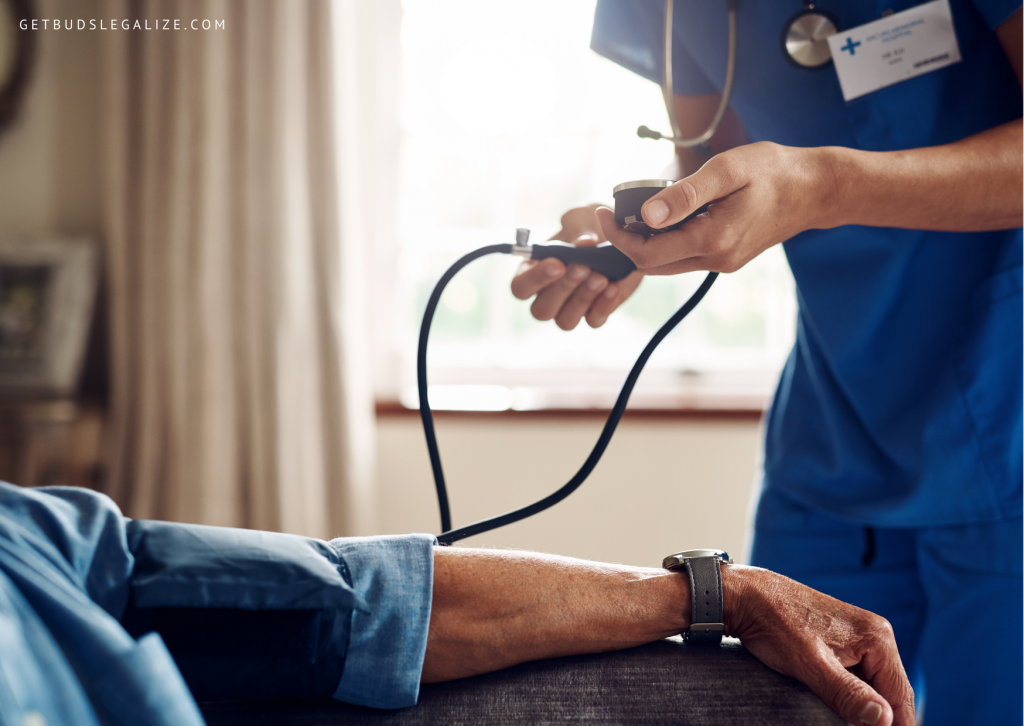
Can I Smoke Marijuana While Taking Blood Pressure Medication?
You may also be wondering what happens if you smoke marijuana while taking blood pressure medication. Will there be a negative reaction? If you smoke THC-rich cannabis and take blood pressure medication, the answer is that there could be.
Goldstein elaborated, treating hypertension with cannabis smoke contains carbon monoxide, it can be harmful to people who have heart disease or hypertension. This gas binds to hemoglobin in red blood cells, displacing oxygen from them, resulting in less oxygen reaching the body’s tissues, including the heart. Smoking should be avoided by people who have heart disease or high blood pressure.”
Alternatively, Goldstein suggests using cannabis in other ways, such as sublingual tinctures or edibles, which she says are safe to use if someone is taking blood pressure medication. Furthermore, Dr. Bone emphasized that people who use cannabis and are taking blood pressure medication should be cognizant of interaction with other prescribed drugs. This includes keeping an eye on your blood pressure and reporting any dizziness to your doctor, who can adjust your medications appropriately.
A 2017 study published in the journal Epilepsy & Behavior Case Reports found that the blood thinner warfarin interacts with cannabidiol (CBD) in certain epileptic patients. Following Bone’s advice, researchers concluded that patient lab work should be closely monitored.
While warfarin and other medications may interact with cannabis, there are no guarantees, and the 2017 study focused on epilepsy patients rather than the general population. “In my private practice, I have not encountered a significant negative interaction between blood pressure medication and cannabis,” Dr. Bone stated.
Other Effects of Marijuana Treating Hypertension
Cannabis may have additional effects on blood pressure that doctors have yet to discover. All potential consequences are dependent on the individual’s pre-existing health issues, particularly co-morbid conditions such as diabetes and obesity.
Can people who do not have these conditions use marijuana safely? A healthy person’s body may appear to be a well-oiled machine, but Bone disagrees, pointing out that “Unlike a car, where we replace the brakes or tires, the heart never takes a break, and the blood vessels must continue to function indefinitely. And the nervous system, which directs the show like a conductor, is on duty 24 hours a day, seven days a week.”
So, when incorporating a cannabis regimen into your healthcare plan, moderation may be essential. Before beginning to use cannabis or CBD products, consult with your doctor and discuss any medications you are taking.
ILGM Fertilizer

- From seedling to harvest, give your plants everything they need.
- Enough for feeding at least 5 plants.
- Discounted Package Deal
- Works well in soil, hydroponics, and other growing mediums.
- The best way to treat your plants
ILGM Plant Protector
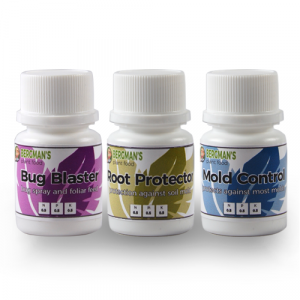
- Protect your cannabis from diseases and harmful pests.
- Contains three 20 ml bottles.
- Enough supplies to protect 20 plants.
- It can be used in soil, hydroponic, and all other growing mediums.

